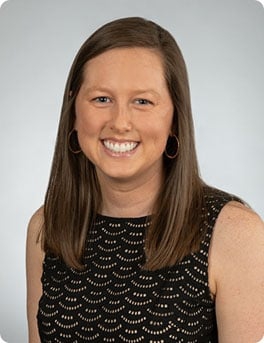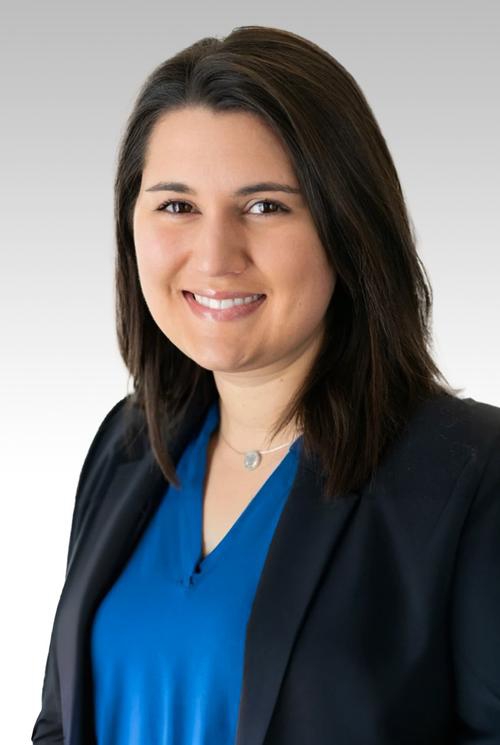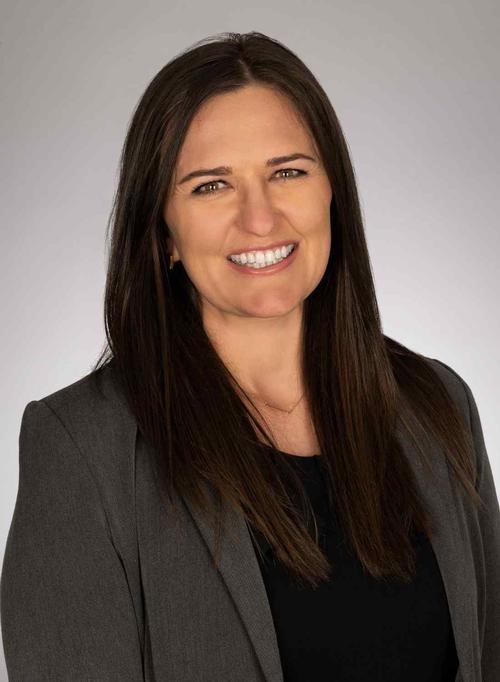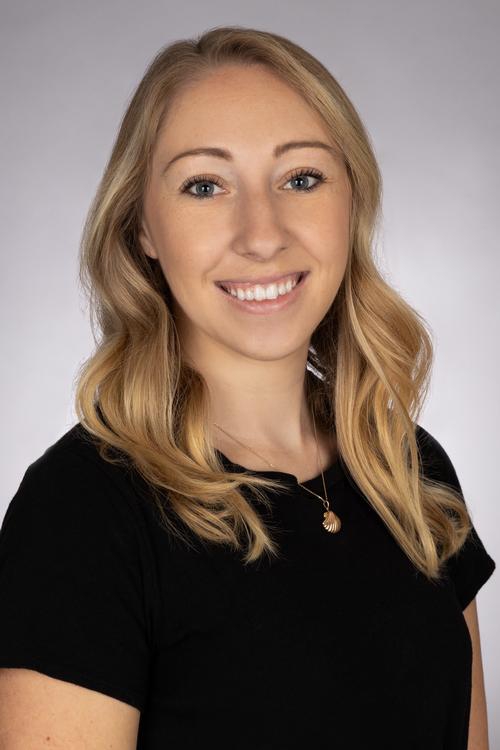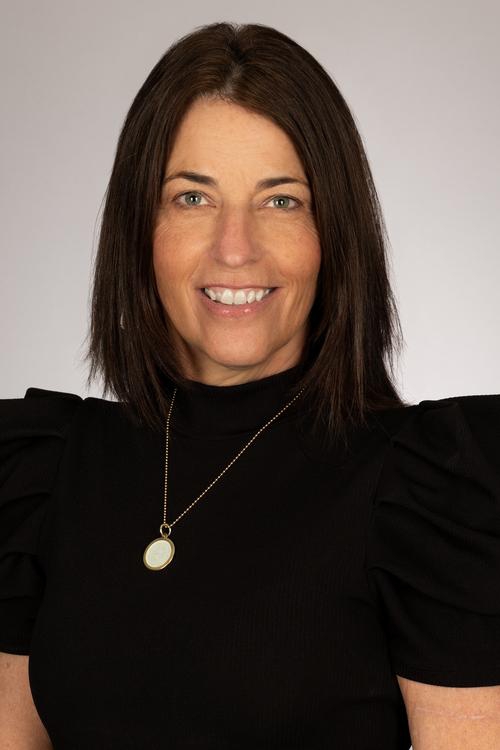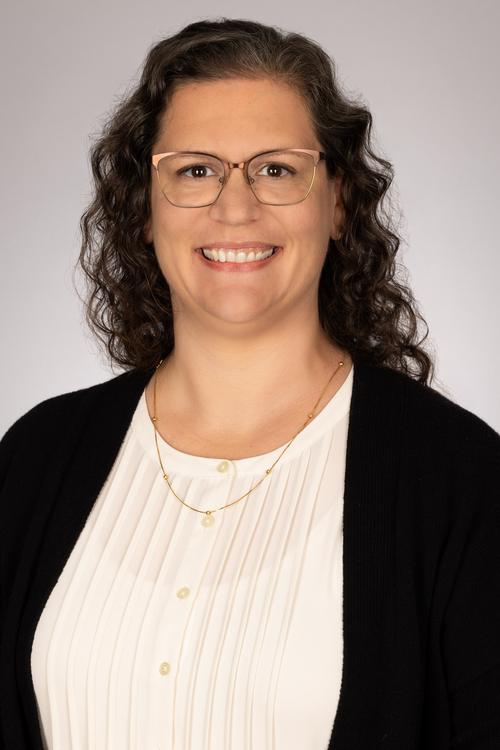As an estate planning attorney, my job is to make sure your assets get to the correct beneficiaries, the way you wanted your beneficiaries to receive them, in an organized and efficient manner. As I recently explained to a client, it is not sufficient to just “cross your fingers” and hope it all works out!
A question I often get asked is, “Why not just use Payable on Death (POD) or Transfer on Death (TOD) designations to pass down my assets and avoid probate?” These designations—which I’ll refer to as POD designations for the rest of the article—may be recommended by financial professionals and institutions, and they can indeed bypass probate. However, just like joint accounts, there are many ways things can go wrong when people rely on them to distribute their estate, which is why you won’t see many estate planning attorneys recommend them, except under very specific circumstances, and with a deep understanding of a client’s situation.
POD Designations Could Make More Work (and More Fees) for Your Executor

Before distributing assets to your beneficiaries, your executor is responsible for making sure any debts and claims against your estate get paid. Whether it’s a car loan, mortgage, credit card bill, nursing home or hospital bills, partial month’s utilities, funeral expenses, or something else, most people die with some debts.
Now consider this: In some counties, it can take a few weeks for the executor to get appointed by the court. After being appointed, your executor must publish a Notice to Creditors in the newspaper and start determining what claims or debts there are in the estate.* Creditors have three months to respond. This means it could be four months or longer before your executor can account for all the debts and claims against the estate.
If your executor doesn't have sufficient funds to manage the estate, you could potentially be making things harder for the executor. For example, we've seen estates where cars were repossessed because there wasn't cash available to pay the car loan. This resulted in the cars being sold below market value plus the estate having to pay the repossession fees.
Or what if there is real estate in the estate that needs to be maintained and sold during the probate? How is your executor supposed to maintain the property if all of the bank accounts have POD designations and pass outside of the estate? Unfortunately, we've seen some executors getting stuck footing the bill out of their own pocket--and then their siblings or other family members refuse to reimburse them.
*Note that if you have a Living Trust, your Trustee settles your debts and claims privately so that a probate estate does not have to be opened.
There Are Additional Risks and Disadvantages of Relying on POD Designations
POD designations are not nearly as flexible as a Will or Living Trust when it comes to allocating your estate, providing contingent instructions, or providing protection for your beneficiaries. The following are examples of how POD designations can fail to work the way you wanted:
- No asset protection for your beneficiaries. Unlike assets passed in trust, the assets are distributed to your beneficiary outright. They have no protection from your beneficiary’s lawsuits, creditors, divorce, or similar.
- Loss of government benefits for a loved one with a disability or special needs. If a beneficiary is disabled at the time of inheritance, receiving assets via a POD Designation will often disqualify the beneficiary from receiving public disability benefits.
- Guardianship court proceeding for minor beneficiaries. If your beneficiary is a minor, a court process will be needed to appoint a guardian to handle the assets on behalf of the minor beneficiary because minor beneficiaries legally cannot own anything. A guardianship proceeding will be needed even if the minor beneficiary's parents are living. This adds additional time and expense to the handling of your estate.
- POD Designation may not be consistent with your intent. Many institutions only permit equal shares on a POD designation, which may not be how you want to divide your estate.
- Lack of back-up instructions. POD designations generally do not include detailed contingent instructions. So if one of your beneficiaries dies before you, most institutions automatically reallocate to the remaining surviving beneficiaries. For example, Mary has three children. She names all three children to receive equal shares on the POD Designation on her bank account. Mary and her oldest daughter, Vickie, die in a car accident together. Vickie had children of her own. Mary's bank account gets divided 50/50 between Mary's remaining two children and Vickie's children receive nothing--they were unintentionally disinherited.
- No protection from financial irresponsibility. Assets pass to the beneficiary as a lump sum, with no controls against frivolous spending. Did you know that most inheritances are spent within 18 to 36 months?
- Inconsistency with the rest of your estate plan. We find that POD designations often contradict what the rest of the estate plan says. For example, a client’s Will might say to divide their assets equally among all three of their children. But if a POD designation only names one of the children as a beneficiary, the POD designation trumps the Will, and the other two children get nothing from that account.
- Disparate results. Some clients have different POD designations on different accounts. Over time, the balance in the various accounts can change, leading to an unequal distribution of the estate than what may have originally been intended.
POD Designations Don't Help With Incapacity
Adding a POD Designation to your accounts doesn't help with the handling of your accounts if you should become incapacitated. You'll still need to consider separate power of attorney documents.
In addition, if you do become incapacitated, your power of attorney will have to decide which account to use to pay your bills. If some of your accounts designate your power of attorney as a beneficiary, and others do not, they have a powerful incentive to pay expenses out of accounts that would go to your other beneficiaries first. Or, they might not even realize that some of the accounts have POD Designations and when you pass away, the final distribution of the accounts could be much different than you had intended because your power of attorney used some of the accounts to pay for your care.
When you think about all the things that could go wrong with POD designations, you can see why I urge people to think twice about relying on them.
Want to Learn More About Wills & Trusts?
Feeling overwhelmed trying to sort out your options? Many of our clients have told us that they felt overwhelmed when they first began planning, but with our help, we helped them make sense of the options and design a plan to fit their goals. We've empowered thousands of Wake County-area residents to take control of their future with their estate planning and long-term care planning solutions.
To get started, register for one of our upcoming seminars, download our free guide, Estate Planning Pitfalls: The 12 Most Common Threats to Your Estate & Your Family’s Future, or call us at 919-443-3035.
|
Durable Power of Attorney, Incapacity, & Adult Guardianship Series: What is a Financial Durable Power of Attorney and Are They All the Same? 10 Benefits of a Comprehensive Power of Attorney Is Your Durable Power of Attorney Powerful Enough? 2018 Law Update: North Carolina Uniform Power of Attorney Act 11 Reasons Not to Add Your Son or Daughter As Joint Owner On Your Bank Account or Home When Is an Adult Guardianship Needed? What’s the Process? How Do I stop Mom or Dad From Writing Checks? |
|
Wills & Trusts-Foundations: What Happens If I Die Without a Will? Why a "Simple Will" May Not Be Enough What Is a Revocable Living Trust? What Are Some of the Benefits of a Revocable Living Trust? |


